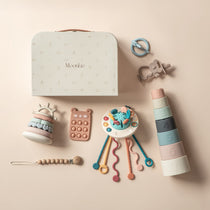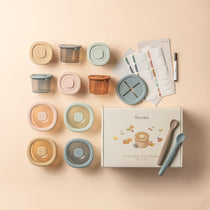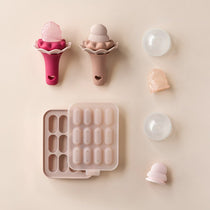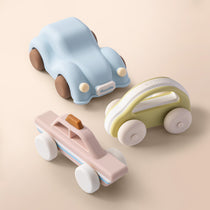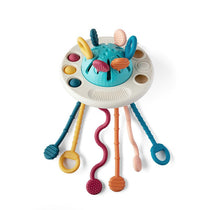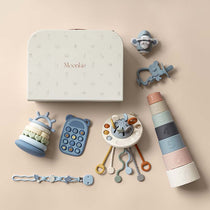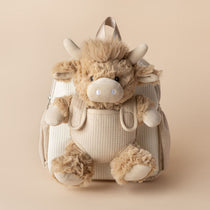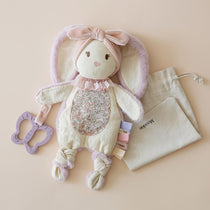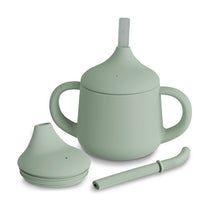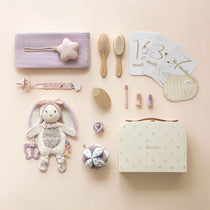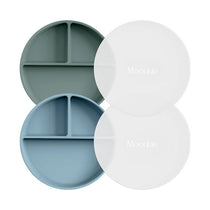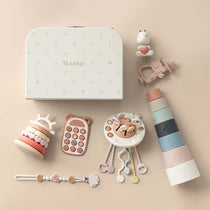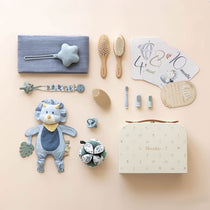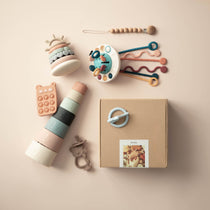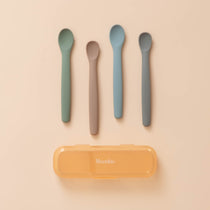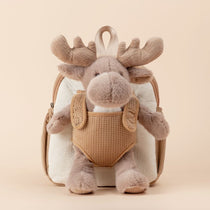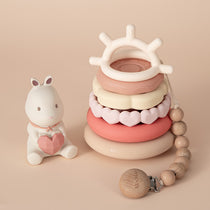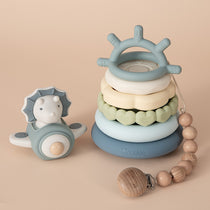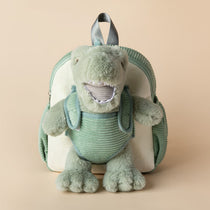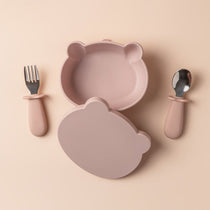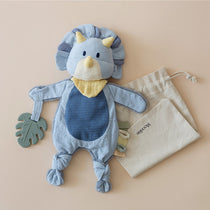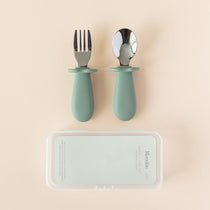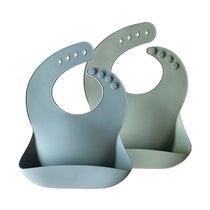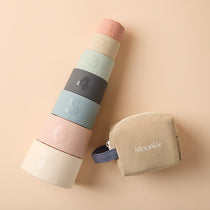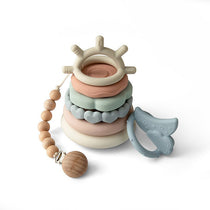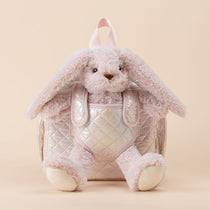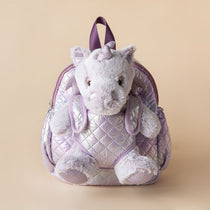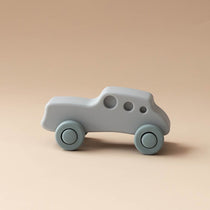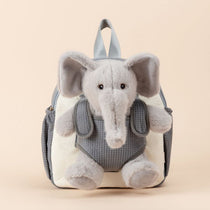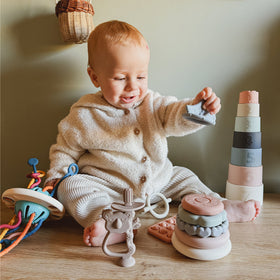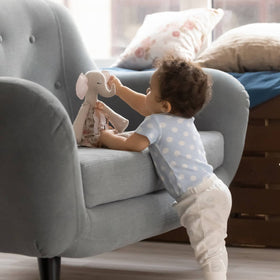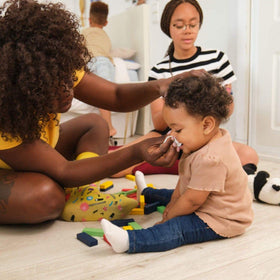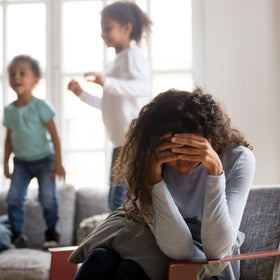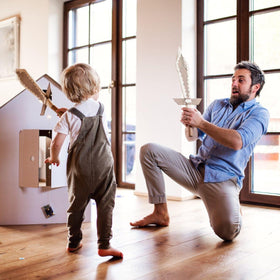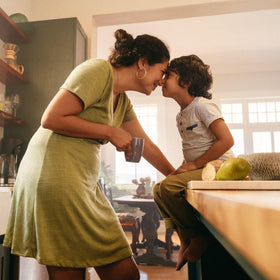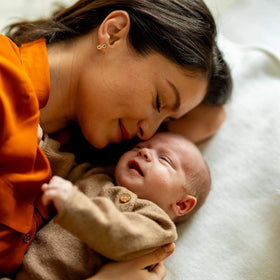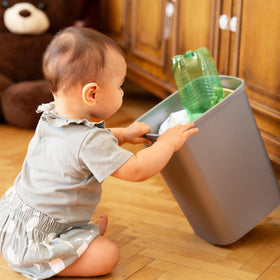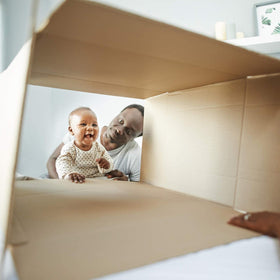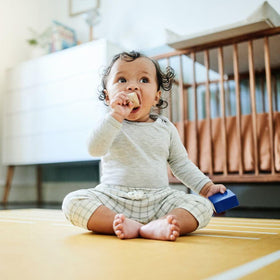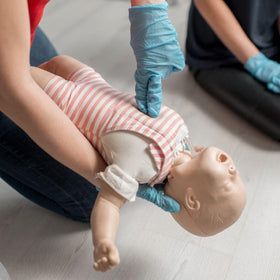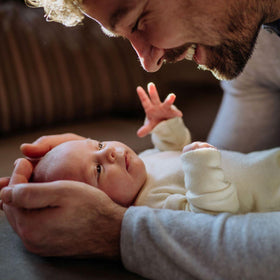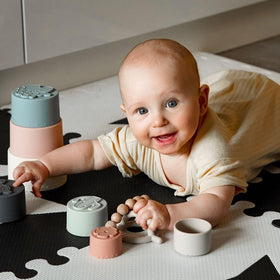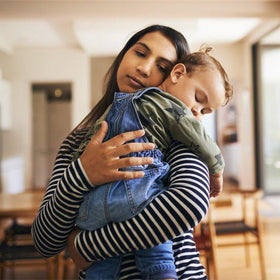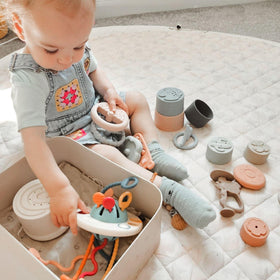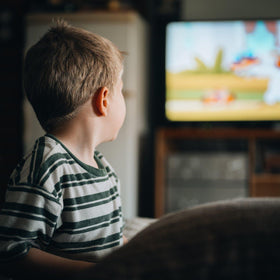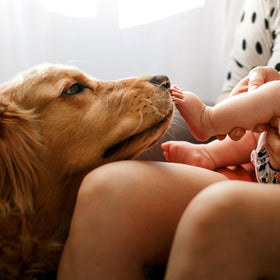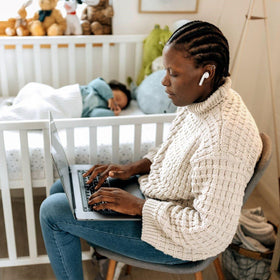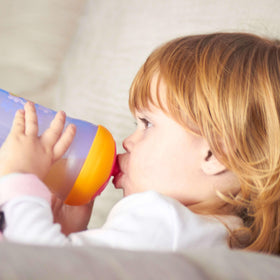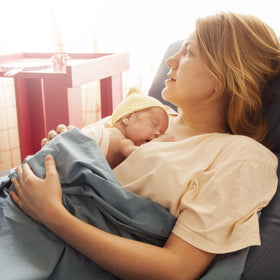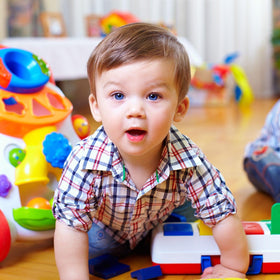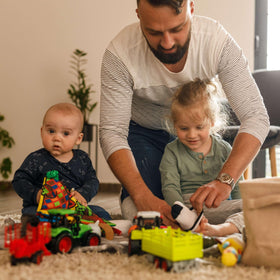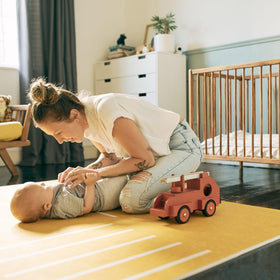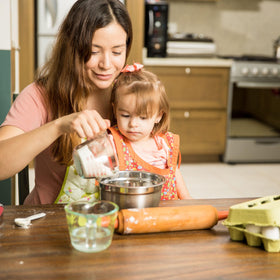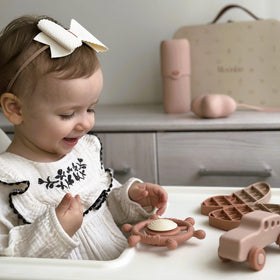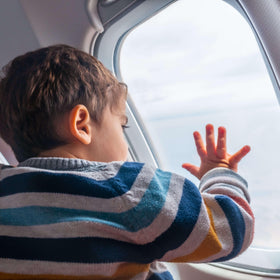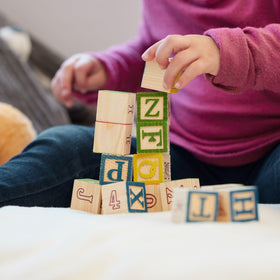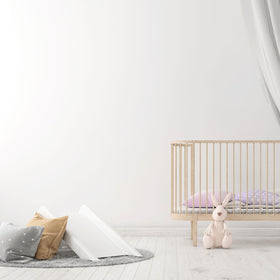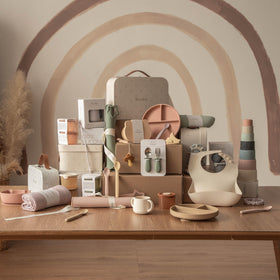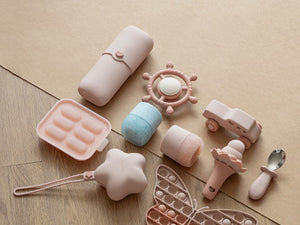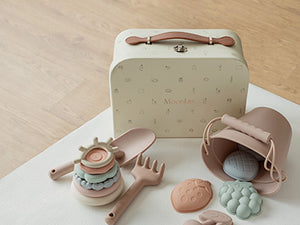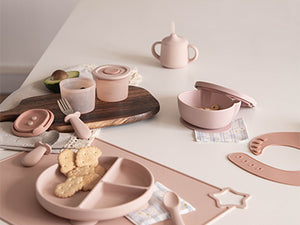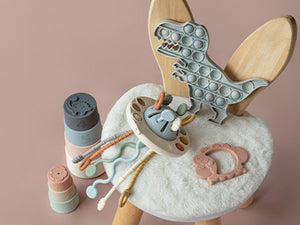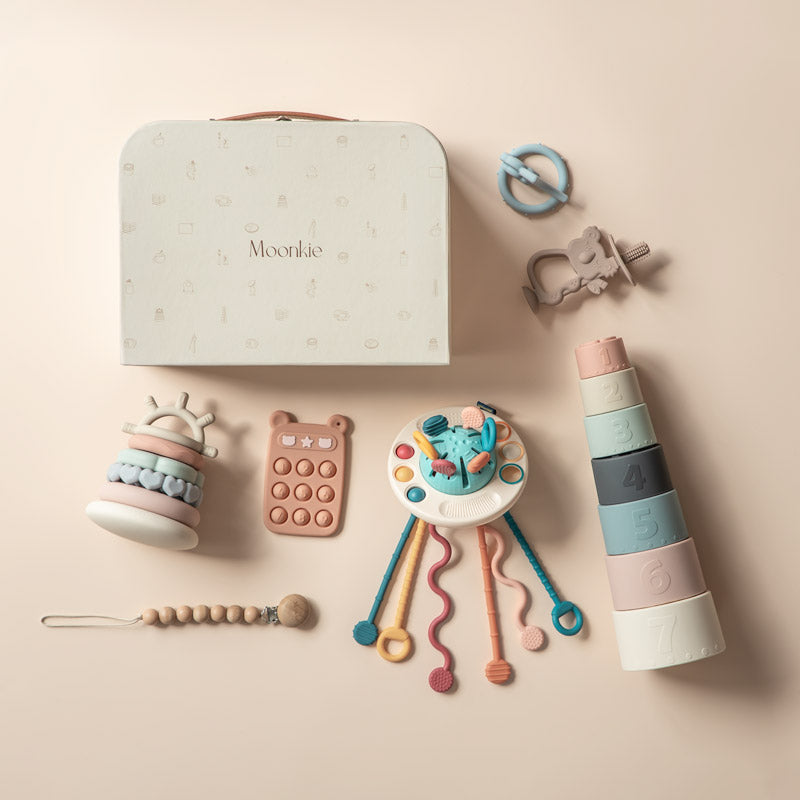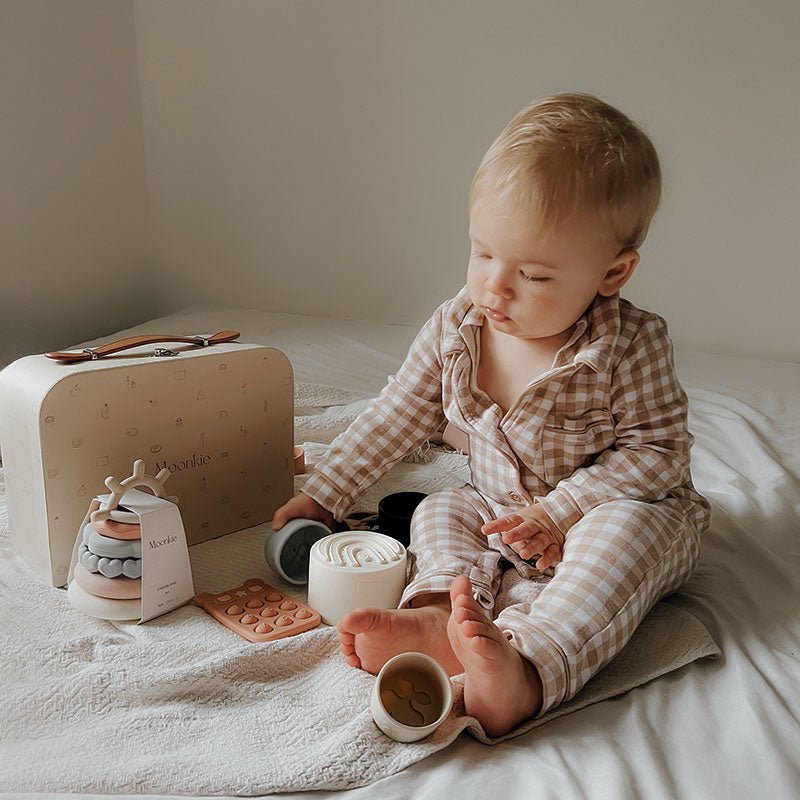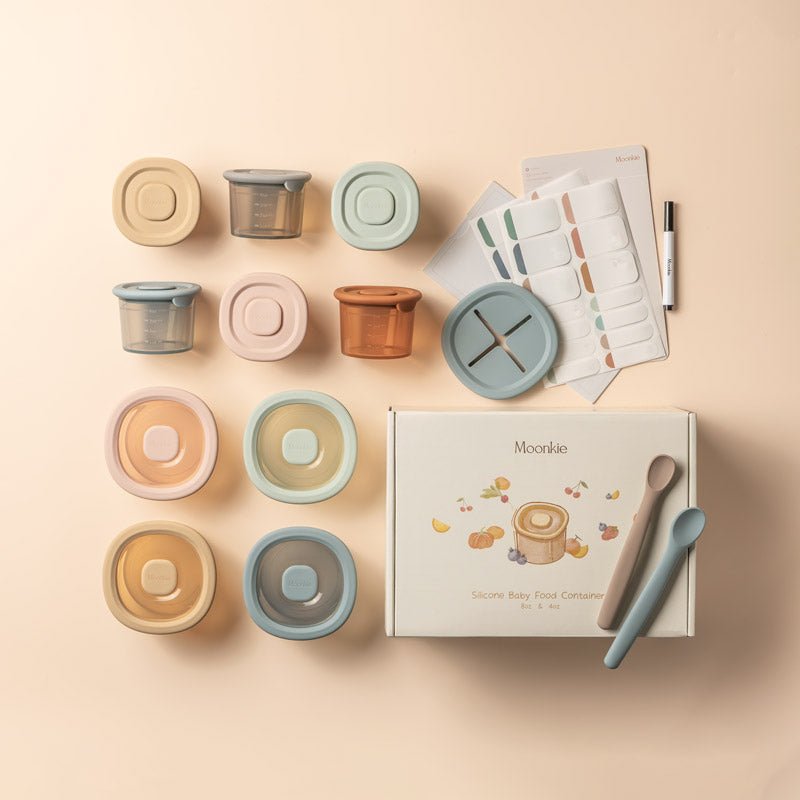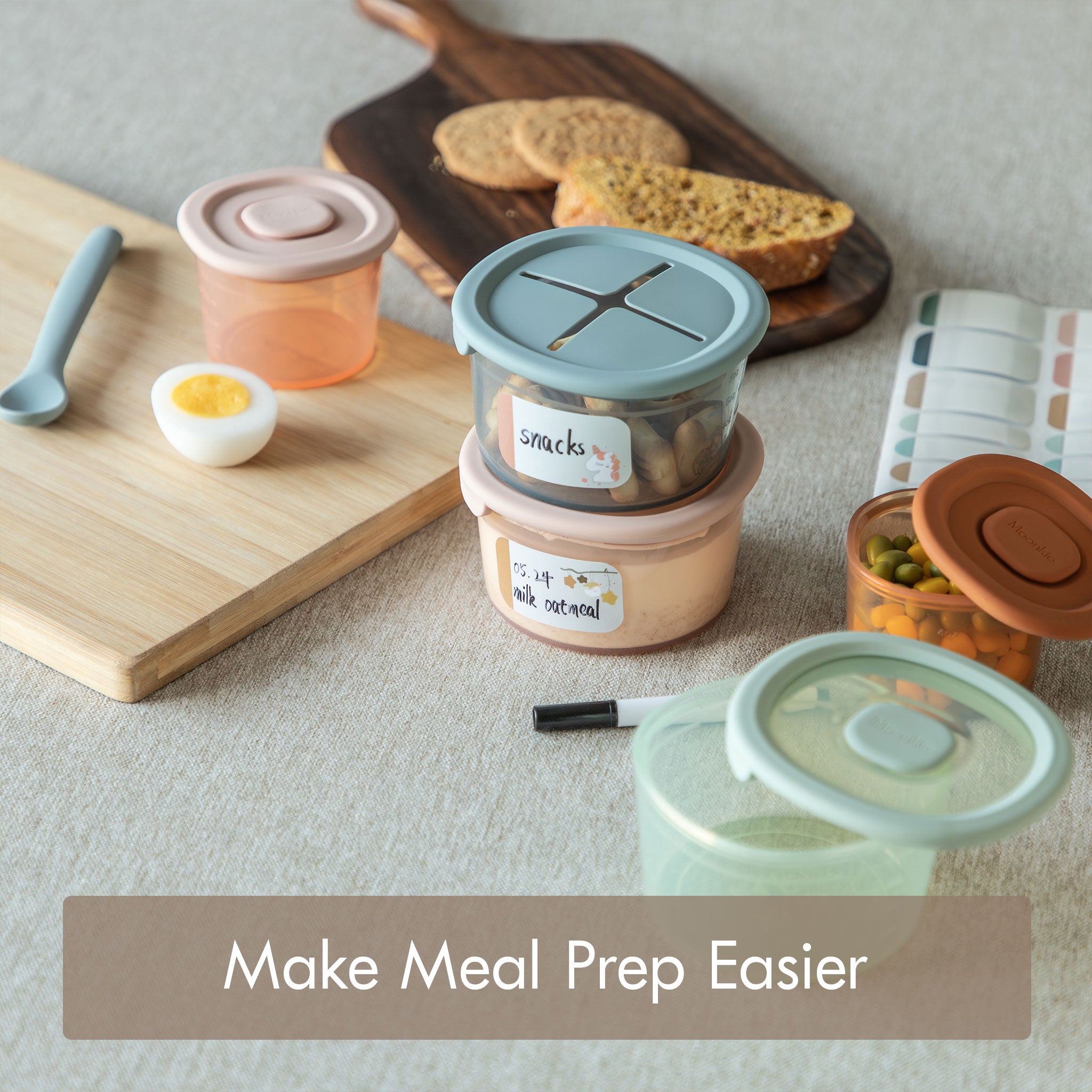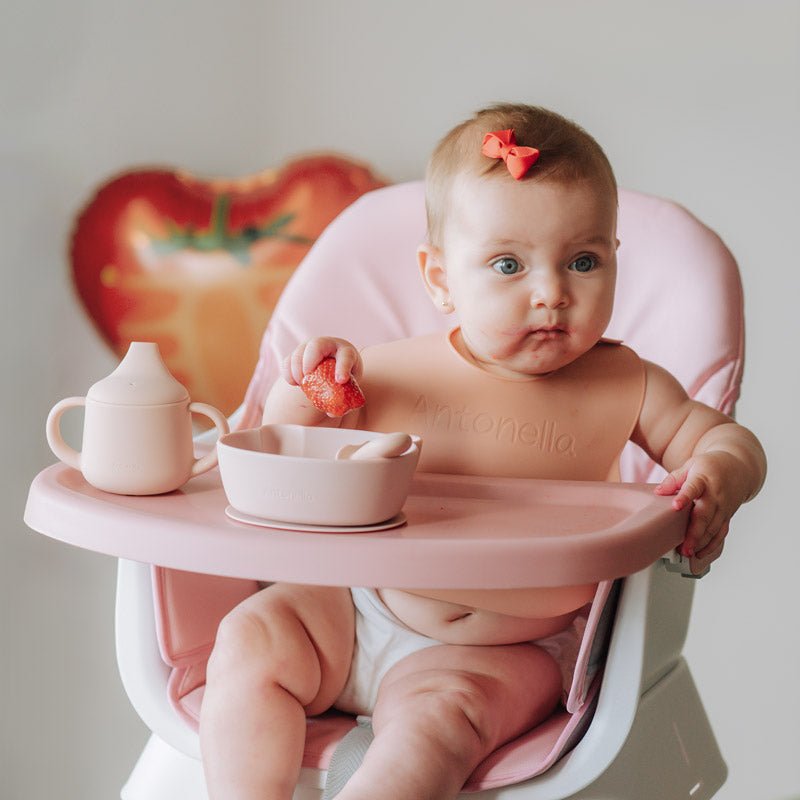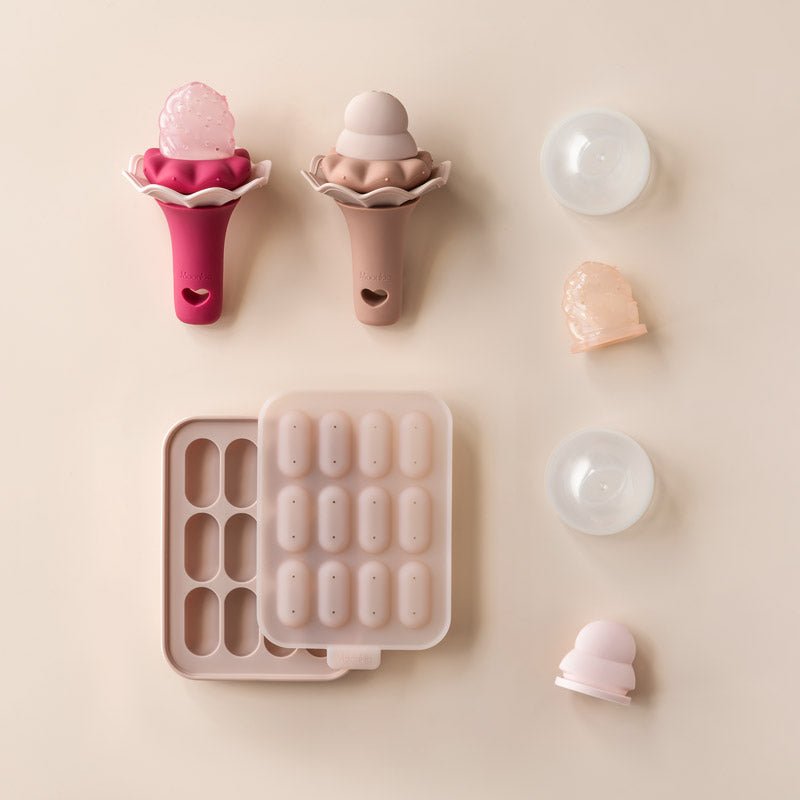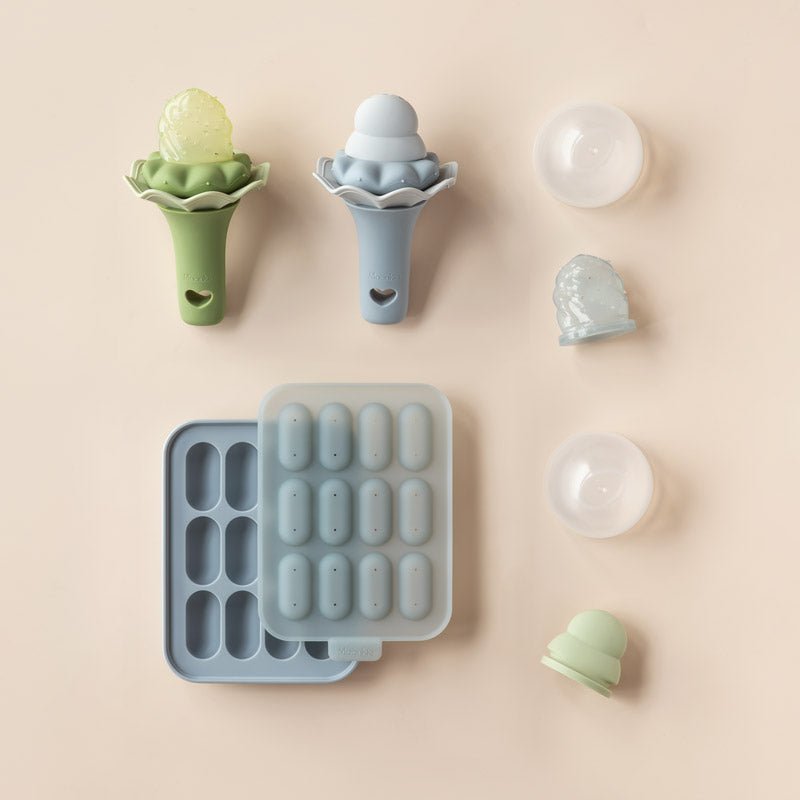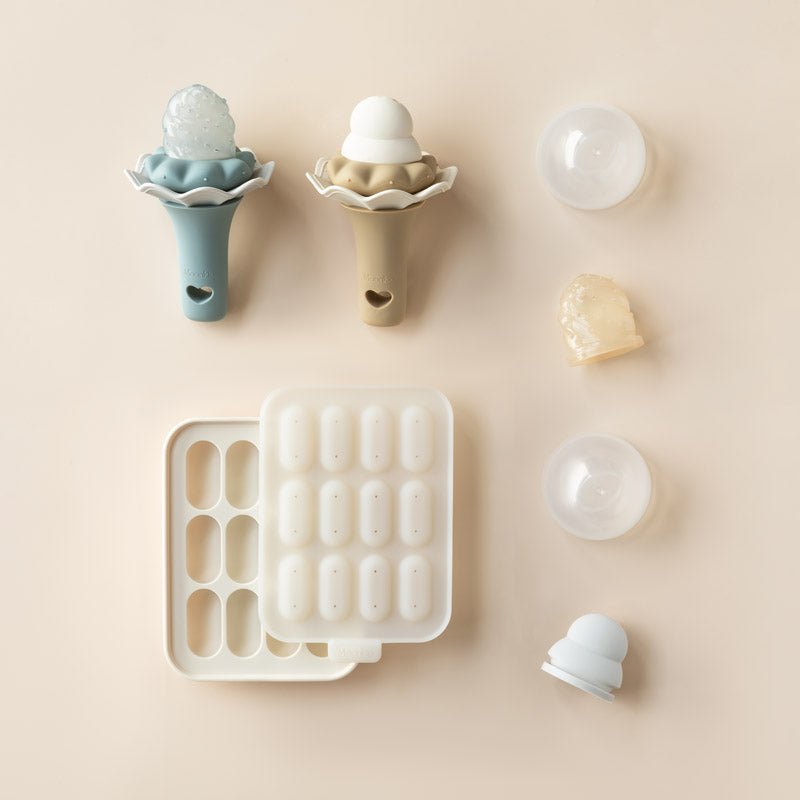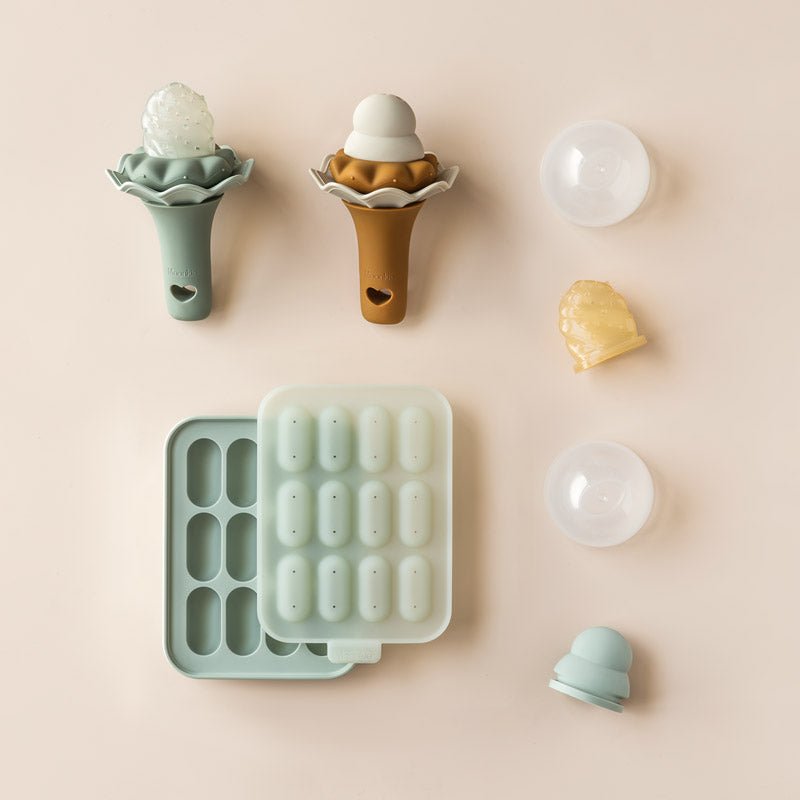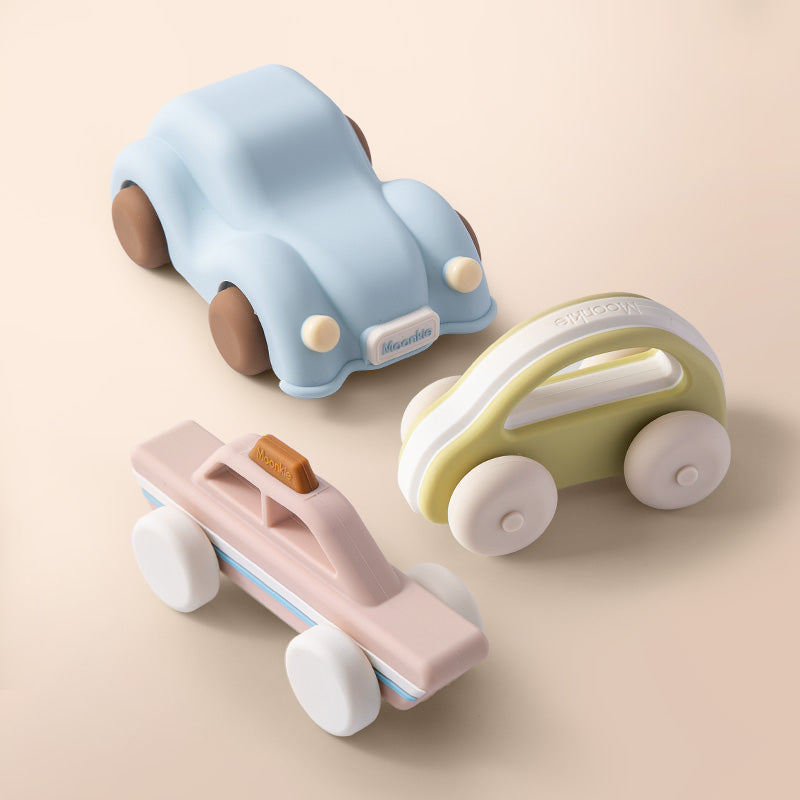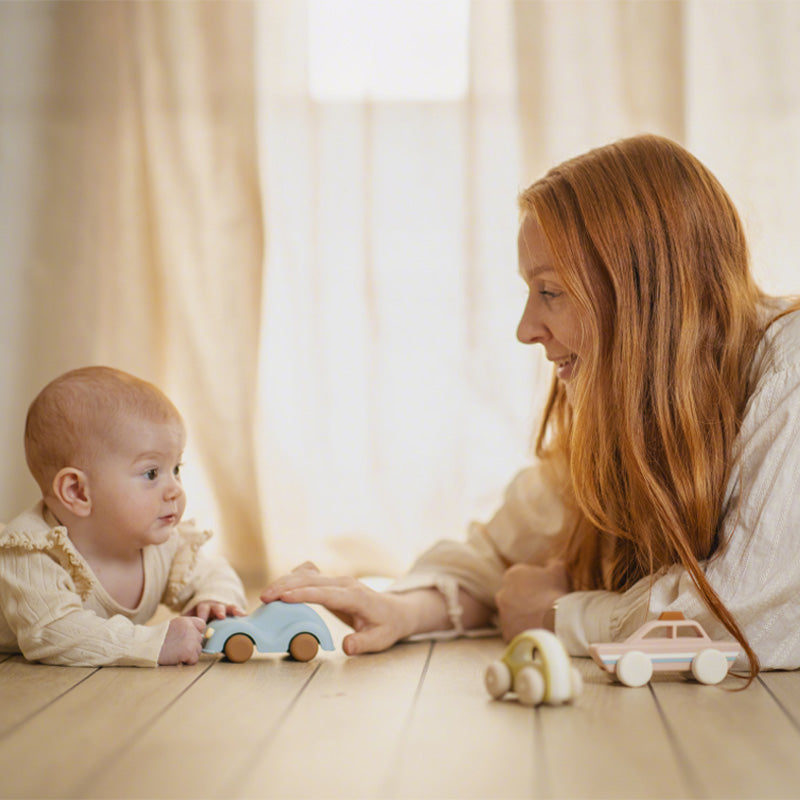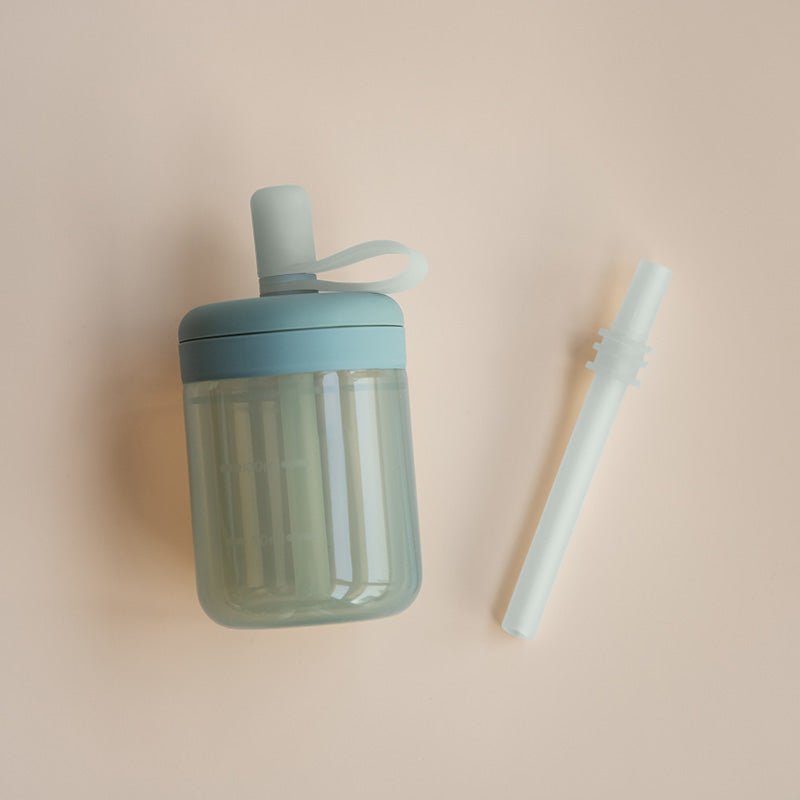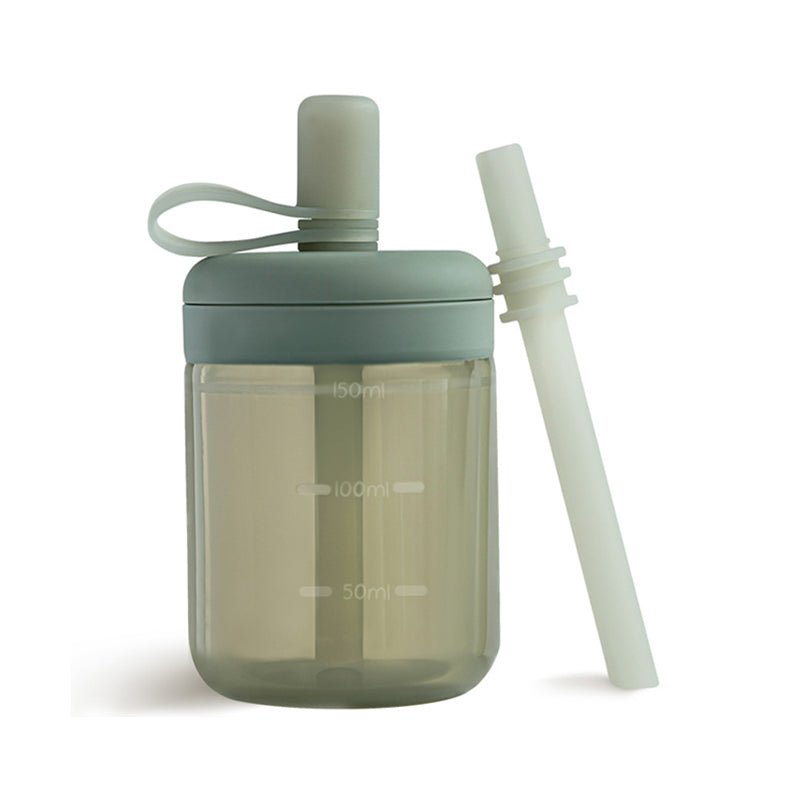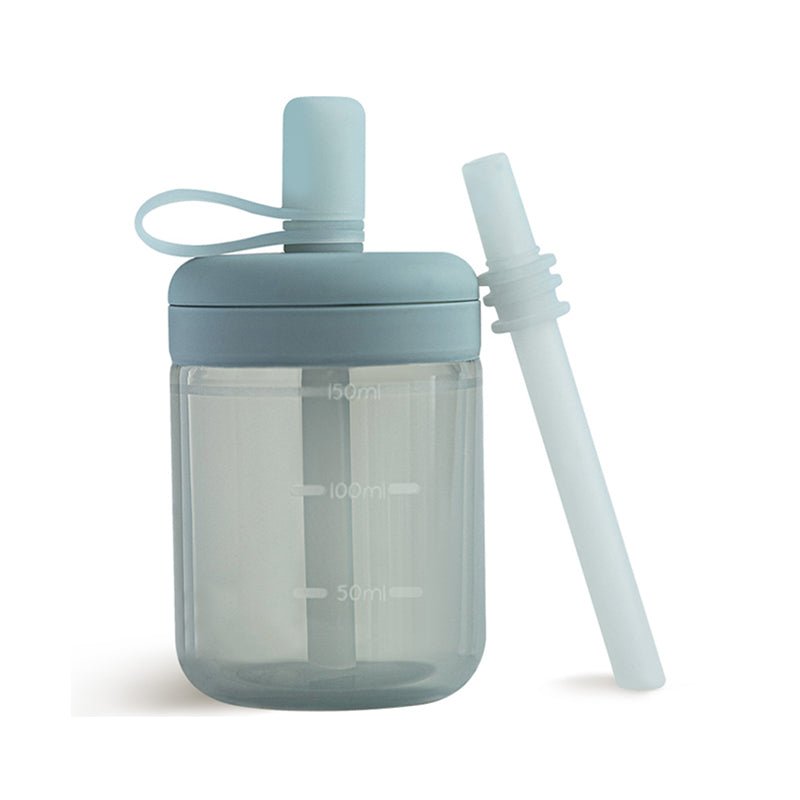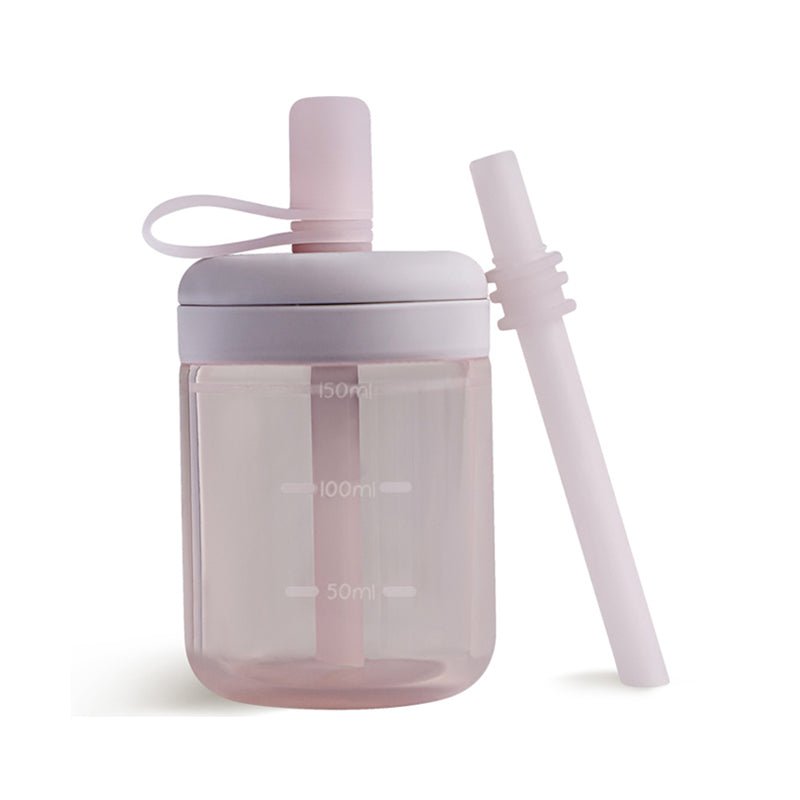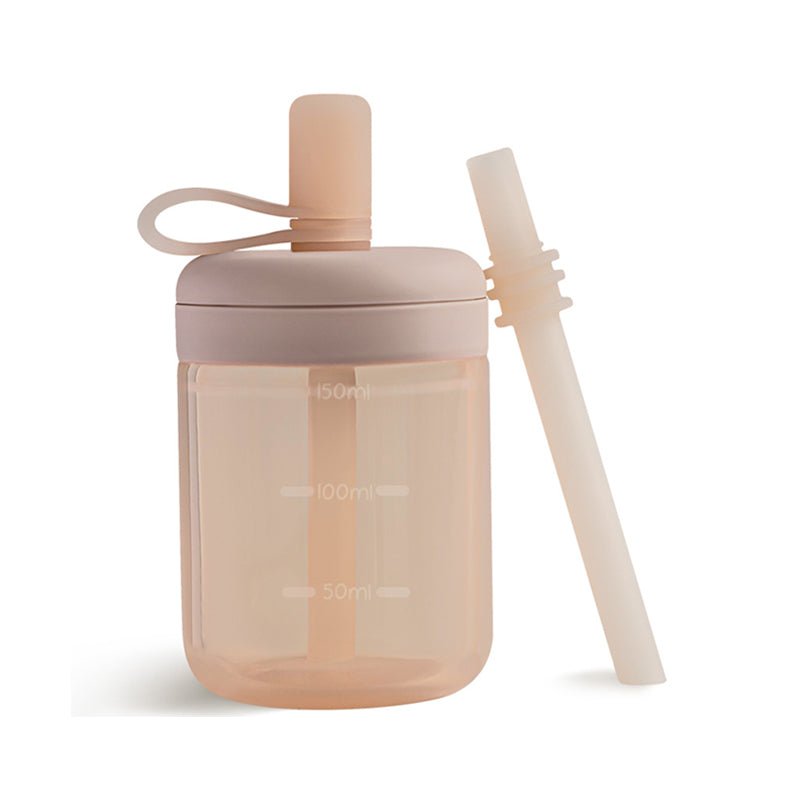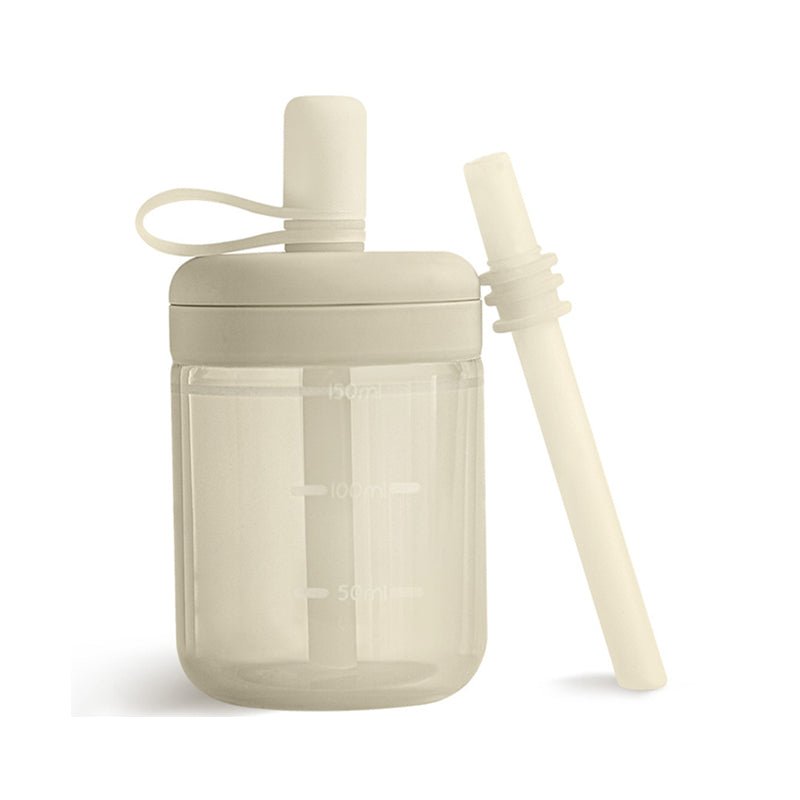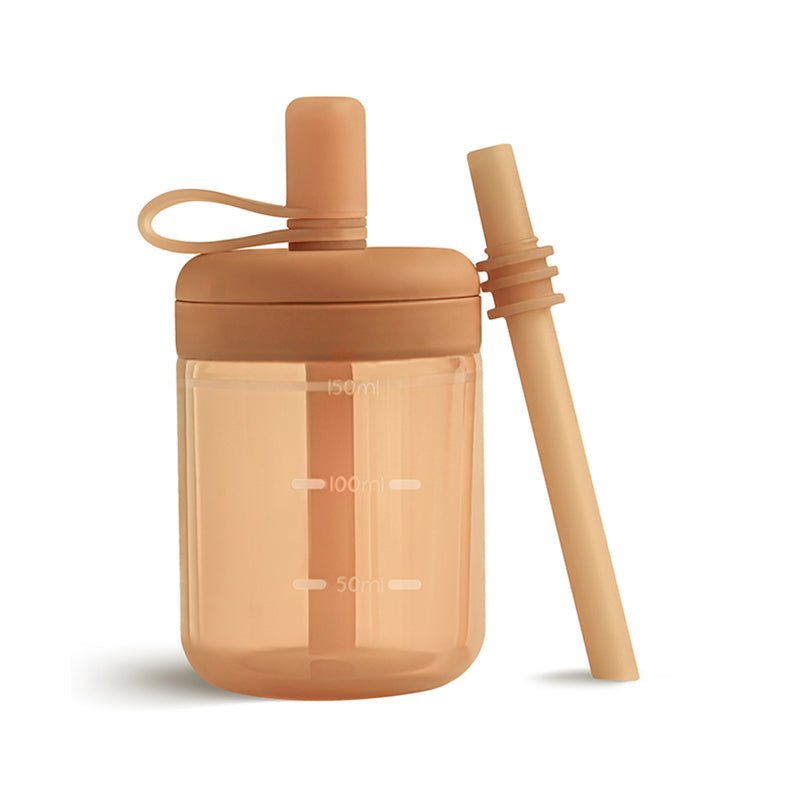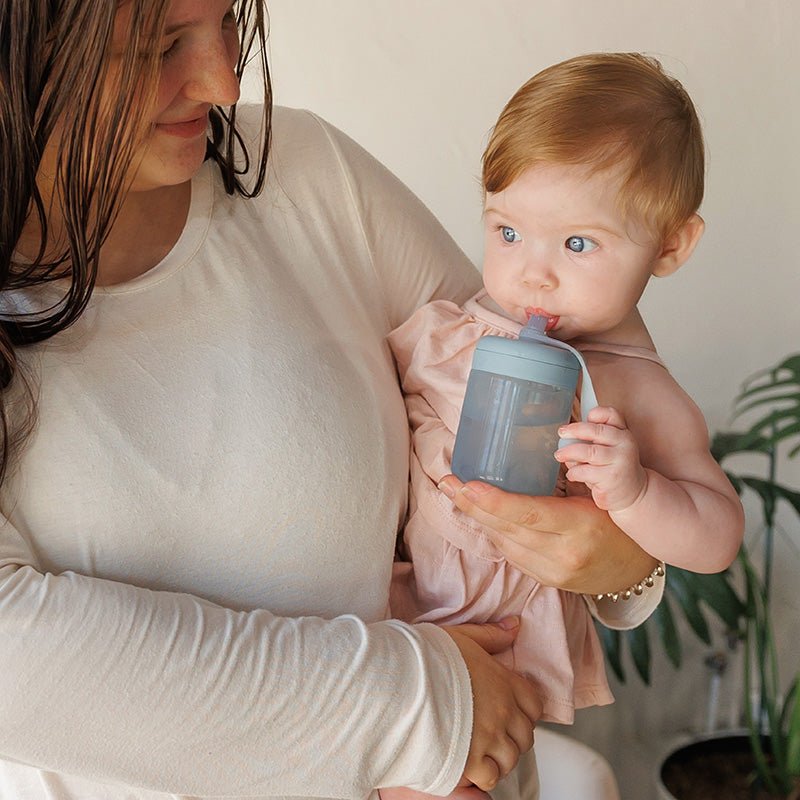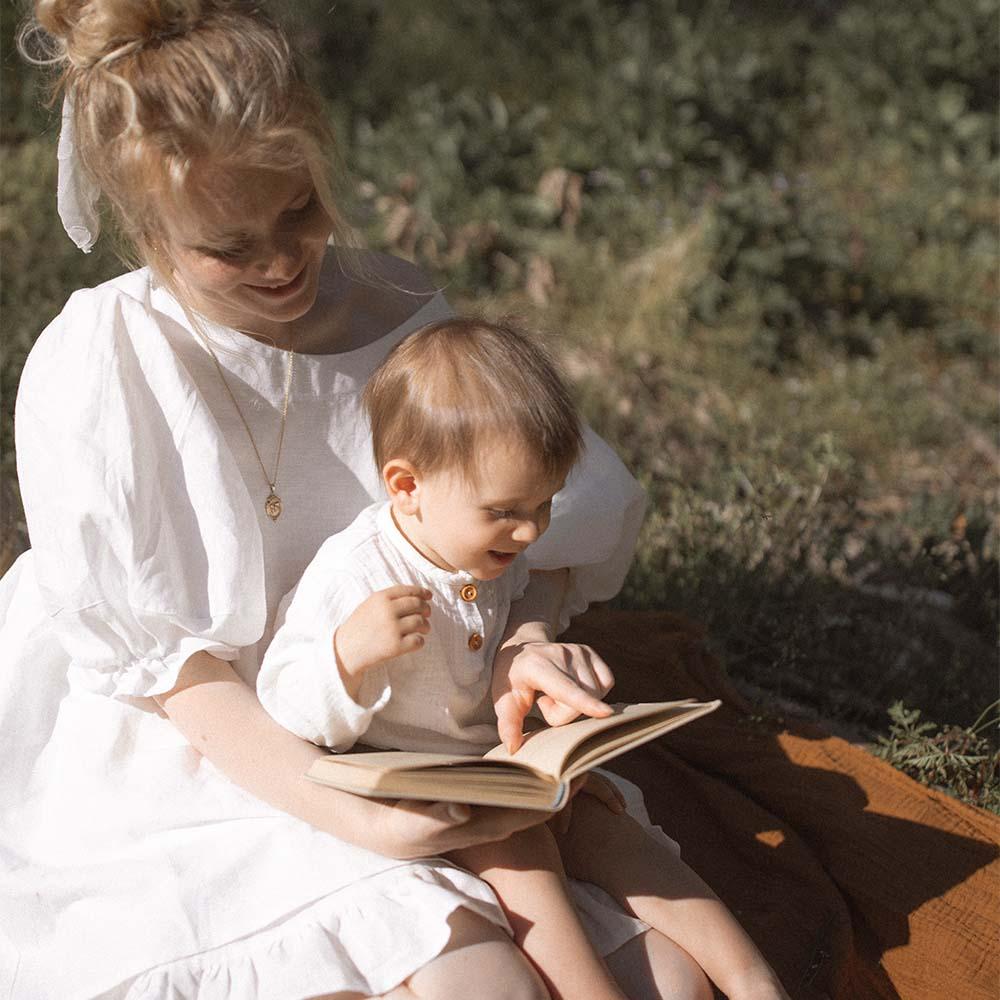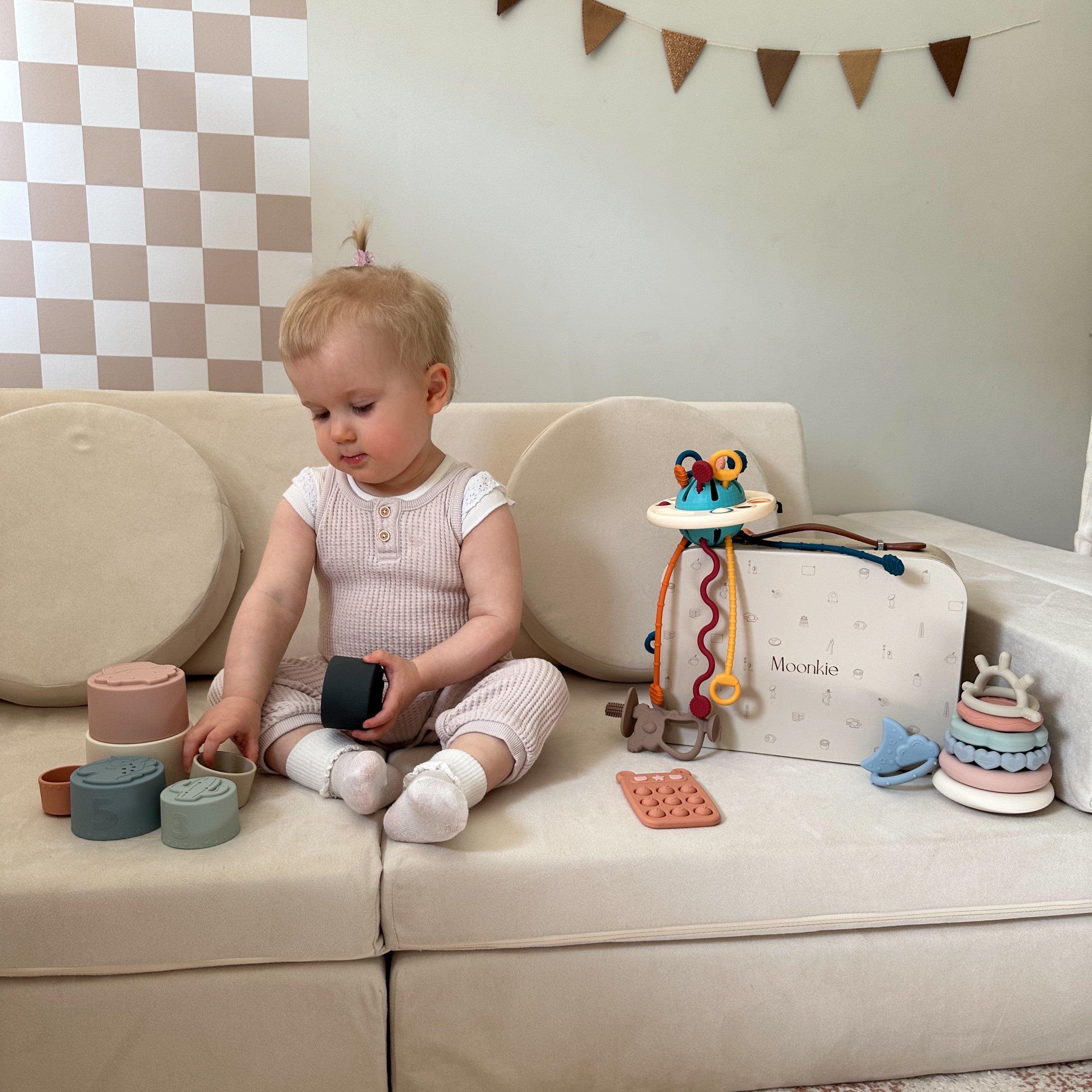 Despite the crazy challenges, those first years are absolutely precious. Eventually, though, your little one must go to school. Is preschool a good idea? Will preschool give your child a head start for kindergarten? If so, when will your toddler be ready?
Despite the crazy challenges, those first years are absolutely precious. Eventually, though, your little one must go to school. Is preschool a good idea? Will preschool give your child a head start for kindergarten? If so, when will your toddler be ready?
Preschool is not for every family, but if you want your little one to go, it typically gives your little one a head start for kindergarten. Preschoolers learn age-appropriate skills, like reading their names, counting, ABCs, and sharing. However, kids are "ready" for preschool at different times.
Preschool is a challenging topic, especially nowadays. So, let's break it down by answering common questions.
What Is the Difference Between Daycare and Preschool?
Preschool is not daycare because it has an education focus for four-year-olds preparing to attend school the following year. There are teachers teaching concepts and a class-like schedule to follow on topics that interest four-year-olds while exercising school skills.
Daycares, on the other hand, typically serve babies and toddlers (3 to 36 months). You can undoubtedly find specialty daycares catering to babies as young as six weeks old and children up to forty-two months old or older. Likewise, you can find preschools that accept three-year-olds or five-year-olds.
Which one you choose in the overlapping years is totally up to your family's needs, values, and desires, of course. But what are some available options?
What Are Some Preschool Options?
There are two ways to discuss preschool options: preschool types and programs. Preschool types refer to where preschooling happens, while preschool programs refer to the actual methodology and curriculum used.
Preschool types range from homeschooling to community pre-K homeschool groups to franchises to state-run preschools. Here is a quick overview:
Preschool Type |
Explanation |
Homeschooling |
Educating your child at home on your own, with a paid curriculum, or with free content. |
Community Pre-K Homeschool Groups |
Like-minded parents who gather for a few hours or days a week to homeschool all the kids together. |
Preschool Franchises |
Certified preschool businesses with trained teachers that require tuition or fees. |
Local Preschools |
Preschool businesses may or may not be certified by official curriculum organizations, but they hold a state license and childcare safety certifications. |
Private Preschools |
Certified preschools that require tuition with a high-quality curriculum designed like a private school. |
State Preschools |
Some states have created free preschools with state-approved curricula and state-paid teachers. |
Preschool types may have their own curriculum, use one available through a state or organization, or ascribe to a particular methodology. Common preschool programs include:
Montessori
Waldorf
HighScope
Reggio Emilia
Cooperative (Co-Ops)
Bank Street
Sonlight
Memoria Press
State-sponsored Programs
Religious Programs
Not every family has access to each type of preschool, and preschool programs can be costly. So, research what is available to you, tour the facilities, meet the teachers, and ask questions before settling on where to send your preschooler or what program you want to use.
When Should My Toddler Start Attending Preschool?
When to start sending your toddler to preschool depends on your family's situation, financial resources, and what's available to you. It also depends on your toddler's attitude, skill level, and social skills.

Generally speaking, a healthy toddler can start attending daycare or a preschool that takes toddlers when he understands simple instructions, eats well, and sleeps on a reasonably consistent schedule.
However, your little one does not have to go to daycare or preschool if you can comfortably make ends meet while staying home or working from home. Another option is to have a close friend or family member watch over your child while you work.
If you can cut expenses by staying with your little one (daycare is expensive!), you can reach out online or through local resources to find a low-cost pre-K curriculum or put together your own. There is so much support available for this these days!
What Are Some Signs That My Toddler Is Ready for Preschool?
Your little genius is ready for preschool when she can sit through reading time, follow simple instructions, and focus on an activity at hand. It is also a plus if your little one is already potty trained.
Some preschools will list potty training as a prerequisite, but that's not always the case. Though it will help your little one to recognize the alphabet already, count to ten, and identify shapes and colors, it is not necessary for getting into preschool. Preschoolers will go over these basics in school!
Anything you can teach your toddler at home in preparation for preschool will make him more competent and confident on Day 1.
How Can I Choose the Right Preschool for My Toddler?
Finding the "right" preschool for your little one is not as cut and dry as parents would like. Every preschool has pros and cons, so take your time asking questions, touring the school, and meeting the teachers before you sign your little one up.

There is no "one-size-fits-all" preschool, so here are some questions to ask yourself about each option:
Logistical Questions
Does the location make sense in proximity to my house and workplace?
Are the tuition and fees affordable?
Can I afford to keep my child at home when she gets sick?
What is the child-to-adult ratio?
Is food provided, or do I need to send a packed lunch?
Can I send my child for half days or full days?
How many days a week are required for attendance?
What does it look like for me to check my child out early for a doctor's appointment?
How is the area and everything in it cleaned? How regularly?
How is pick up and drop off handled? Can other family members do it?
How are ER emergencies handled?
What is the school's plan in case of a fire, flooding, tornado, earthquake, or other extreme weather event? When would I be informed?
What is the school's intruder situation plan?
Education Questions
Does this preschool have a curriculum or program?
What methodology does this preschool ascribe to?
What are the mission and goals of this preschool?
What are the teachers' certification requirements?
Are teachers required to acquire continuing education credits each year?
Does religion influence the curriculum and programming? If so, which one?
Are outdoor activities included in the daily programming?
Are children of multiple ages together, or are they separated by age?
How is discipline handled?
When and how will I be updated on my child's content, behavior, and skill-building progress?
Are any major themes (e.g., green living, sustainability, world cultures, animal kingdom, art, STEM, American history) covered in the programming?
Will my child have projects to complete at home?
Will there be any field trips?
Are any political or hot topics addressed with the children?
Miscellaneous Preference Questions
Does the school feel like a fun, safe place my child would enjoy?
Is there lots of natural light?
Does the space feel cramped or overwhelming in any way?
Is there an outdoor playground?
Will my child get to practice gardening, cooking, or any other life skills?
Is there a range of toys and activities available that my child would enjoy?
What is the ratio of movement activities to stationary time?
Is there a nap time? If so, when and for how long?
What is the ratio of girls and boys?
Do parents need to visit some days or bring anything extra throughout the year?
Are there holiday parties or events for the whole family to attend?
Do the other kids respect the teachers?
Are the teachers fun?
Do the teachers and adult helpers seem genuinely happy to be with the kids?
Do I feel like I can trust this preschool and the adults running it?
If you feel like your head is spinning with the number of options to consider, try making a chart or sticking Post-It notes to a wall. Under each school name, add the pros and cons in two columns. Any school where the cons outnumber the pros is not worth it.
With the remaining schools, you can be picky about your preferences: likes and dislikes, feelings about the place as you toured it, and seemingly insignificant things (two minutes closer, one more teacher than the other school, a slightly bigger playground, etc.).
After you've done your research and toured the schools, you'll soon narrow down your options to the preschool that is "right" for you and your little one!
How Can I Help My Toddler Prepare for Preschool?
Helping your toddler prepare for preschool comes down to the time you spend reading to your little one, asking questions, and playing identification games. Between 0- and 3-years-old, babies and toddlers are developing at an exponential rate, soaking up everything there is to know.

That means the more you feed that insatiable desire to learn, the better off your child will be for preschool and school. But what exactly can you go over that will prepare your little one?
Identifying colors, naming shapes, counting to ten, and singing through the alphabet is a fantastic start. These basic skills can be learned over those first years by playing with and listening to you talk about them.
Here is a fantastic list of Montessori toys for two-year-olds that will give your toddler lots of practice for preschool: 15 Best Montessori Toys for 2-Year-Olds.
How Do I Help My Toddler Learn Animals?
When your toddler begins talking, asking her to point out colors, shapes, and animals to name them is a fun and beneficial game. I started asking my toddlers to make the sounds of animals when I pointed to their pictures.
Before that, I had always made a game of animal pictures in books by making sounds when my babies pointed to each animal. It didn't take long before they wanted the fun of making those noises themselves! From there, they moved on to naming animals by two years old without much prompting from me.
Playing Is the Key to Learning
Playing with your toddler is the best way to prepare him for preschool. Young children learn by exploring, discovering, and playing, so playing with your toddler will help him learn all the things he needs to know.

Educational toddler TV shows are everywhere nowadays, promising to teach your child foundational skills for school, but your toddler doesn't need much screen time.
The American Academy of Pediatrics discourages TV time before 24 months old because it may have negative effects and no substantiated positive effects before two years old (source). Any screen time they do receive should be shared with an adult, so using a screen to babysit while you get something done this young is not the best idea.
Even then, children between 2 and 4 years old should not have more than an hour of screen time each day (source). I know it seems impossible these days! I work from home to be with my two young children, and I've spent time as a foster mom to six kids under the age of six. Screen time is so convenient!
However, it's designed to distract children, not teach them. Young kids need to learn by playing actively and interacting with the things and people around them. Play enables children to pick up on language, body language, facial expressions, intonation, social skills, fine and gross motor skills, problem-solving, and so much more.
So, to prepare your little one for preschool, play with her! Give her a calm environment at home to freely explore, discover, and play in. Involve her in what you do around the house. Yes, it slows you down, but building little person skills takes time that is well worth investing!
How Can I Help My Toddler Adjust to a New Environment?
For some families, preschool is the first time a child leaves his family for several hours. Separation anxiety is to be expected in such cases, but familiarity with concepts learned at home will help build confidence in this new school environment.
Though I wrote this for handling separation anxiety in one-year-olds, you may find some nuggets of wisdom to apply to your toddler or preschooler struggling with separation in How to Handle Separation Anxiety in Your One-Year-Old.
In a Nutshell
Your toddler will be ready for preschool in the blink of an eye, even if you don't get to do all the things you had hoped you could do beforehand. Life gets busy and doesn't hold back! Thankfully, your little one is adaptable and still learns by watching you and playing independently.
As parents, we always feel like we could do more to give our children a better life. But sometimes, "more" is simply sitting on the floor and stacking block towers for two minutes between chores. Every moment you make to connect with your toddler is a moment well spent. Enjoy these precious days!

